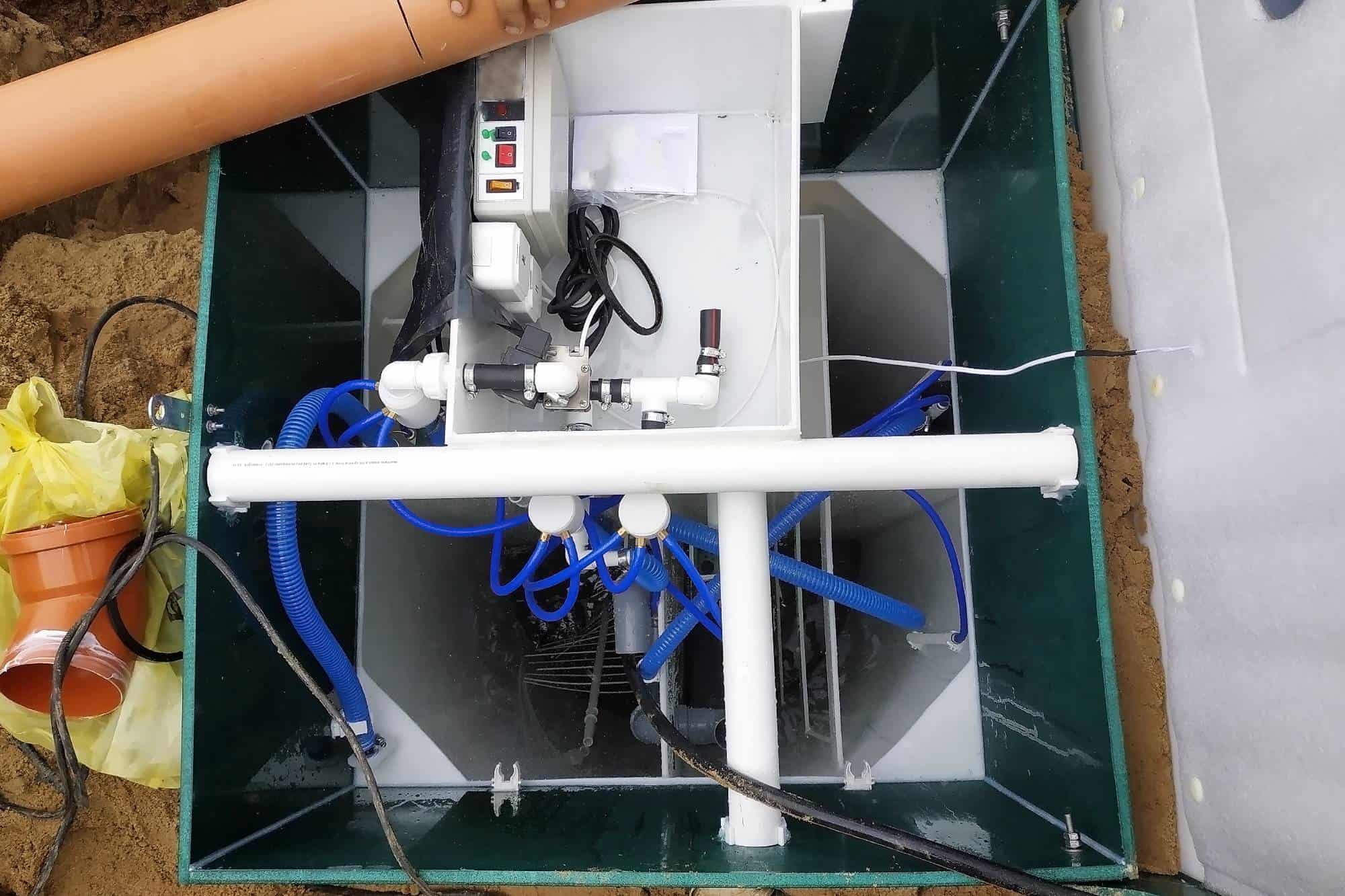Professional sump pump installation that keeps your Chicago basement dry when storms hit hardest.
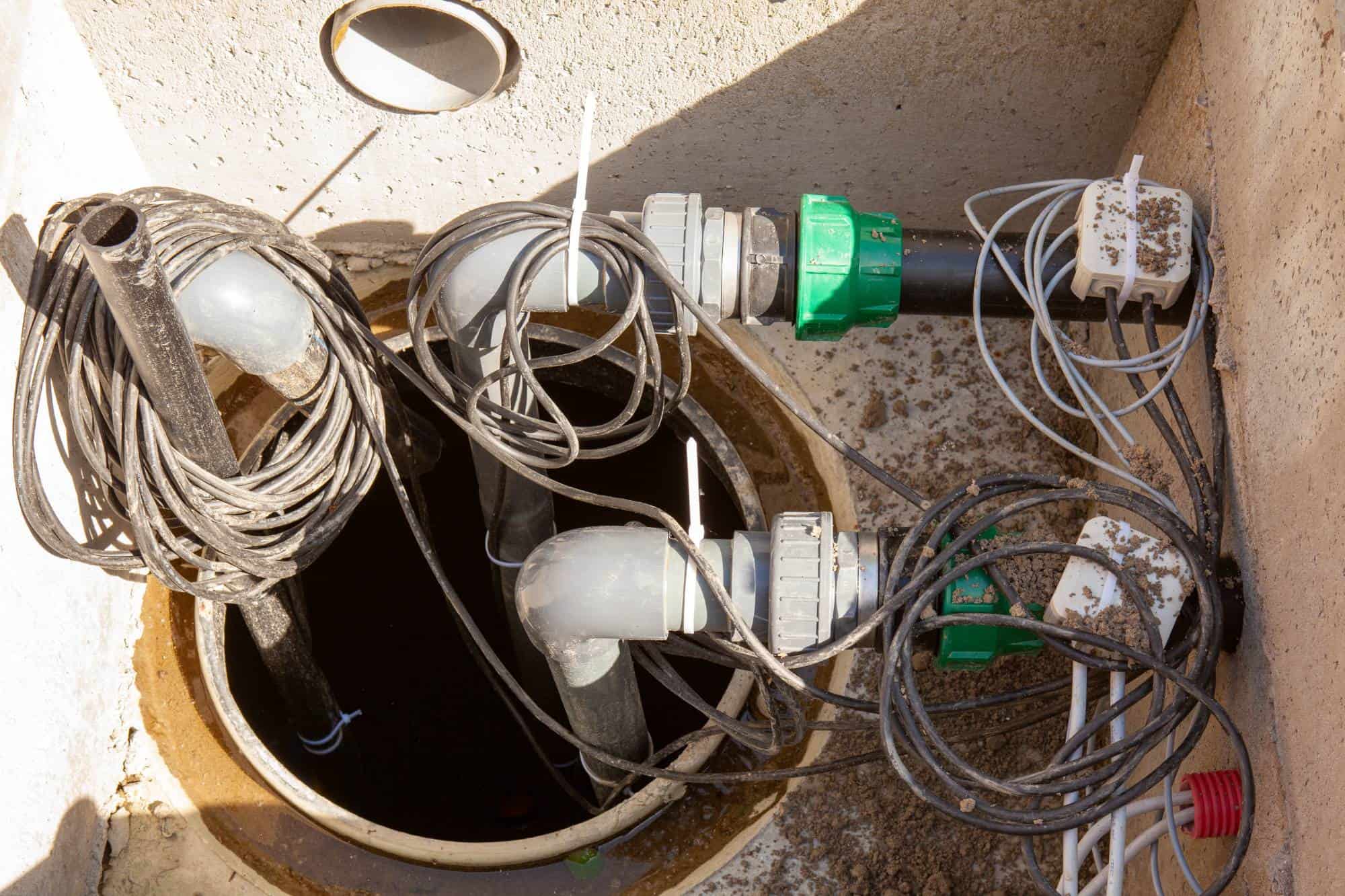
Hear From Our Customers
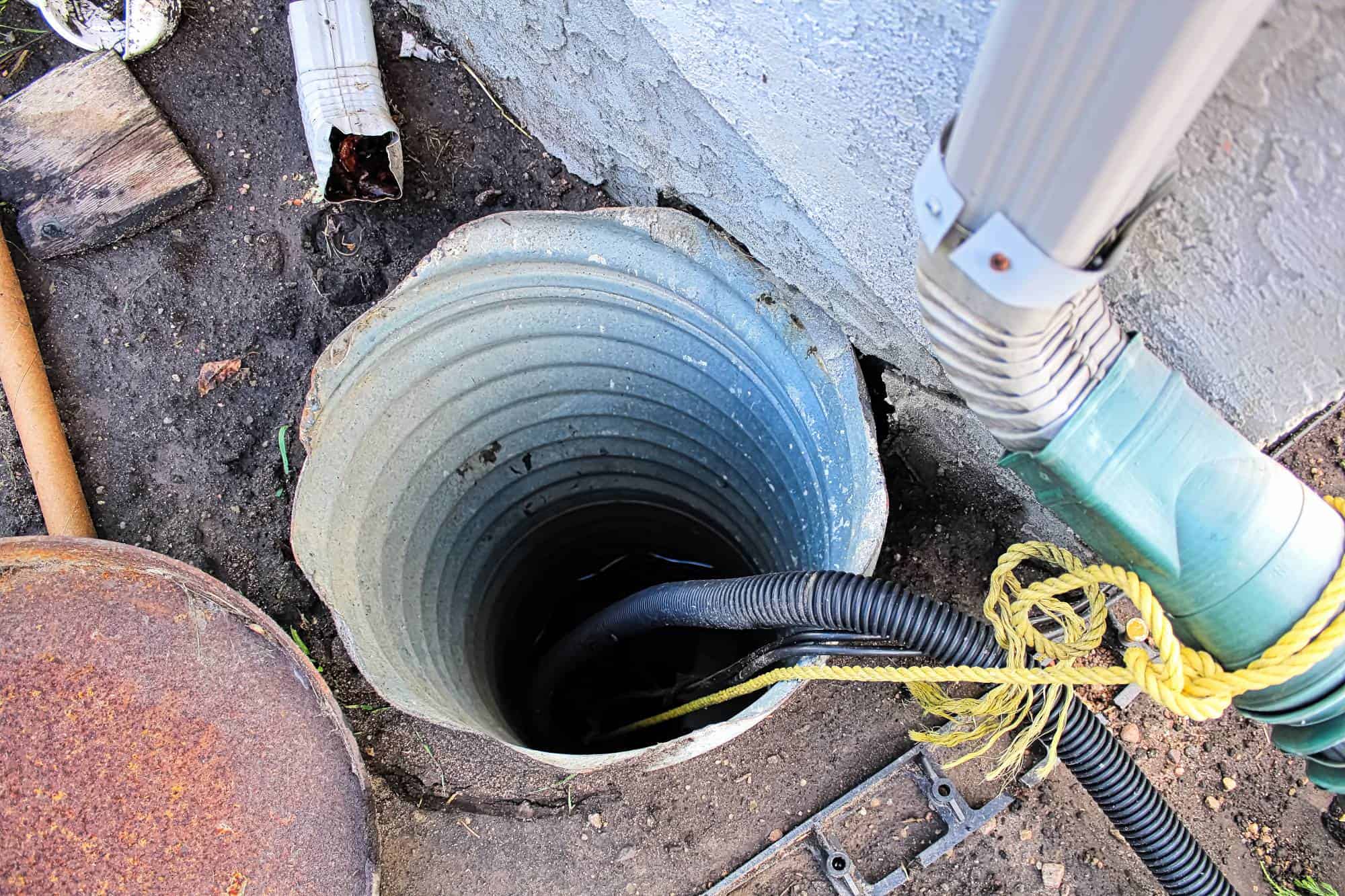
When your sump pump works right, you sleep through storms instead of worrying about them. No more rushing downstairs during heavy rain to check for water. No more expensive cleanup bills or ruined belongings.
Your basement becomes the safe, usable space it should be. Whether it’s your family room, home office, or storage area, you get to use it without constantly worrying about the next big storm.
The peace of mind alone is worth it. But the real value shows up when your neighbors are dealing with flooded basements and thousands in damage while your basement stays completely dry.
We’ve been protecting Chicago basements since 2001. We understand how this city’s aging sewer system, heavy storms, and high water table create the perfect recipe for basement flooding.
We’ve seen what happens when homeowners wait too long or trust the wrong company. That’s why we focus on getting it right the first time with proper installation, quality equipment, and honest pricing.
Chicago’s unpredictable weather doesn’t follow business hours, so neither do we. When your basement floods at 2 AM during a storm, we’re the team that shows up.
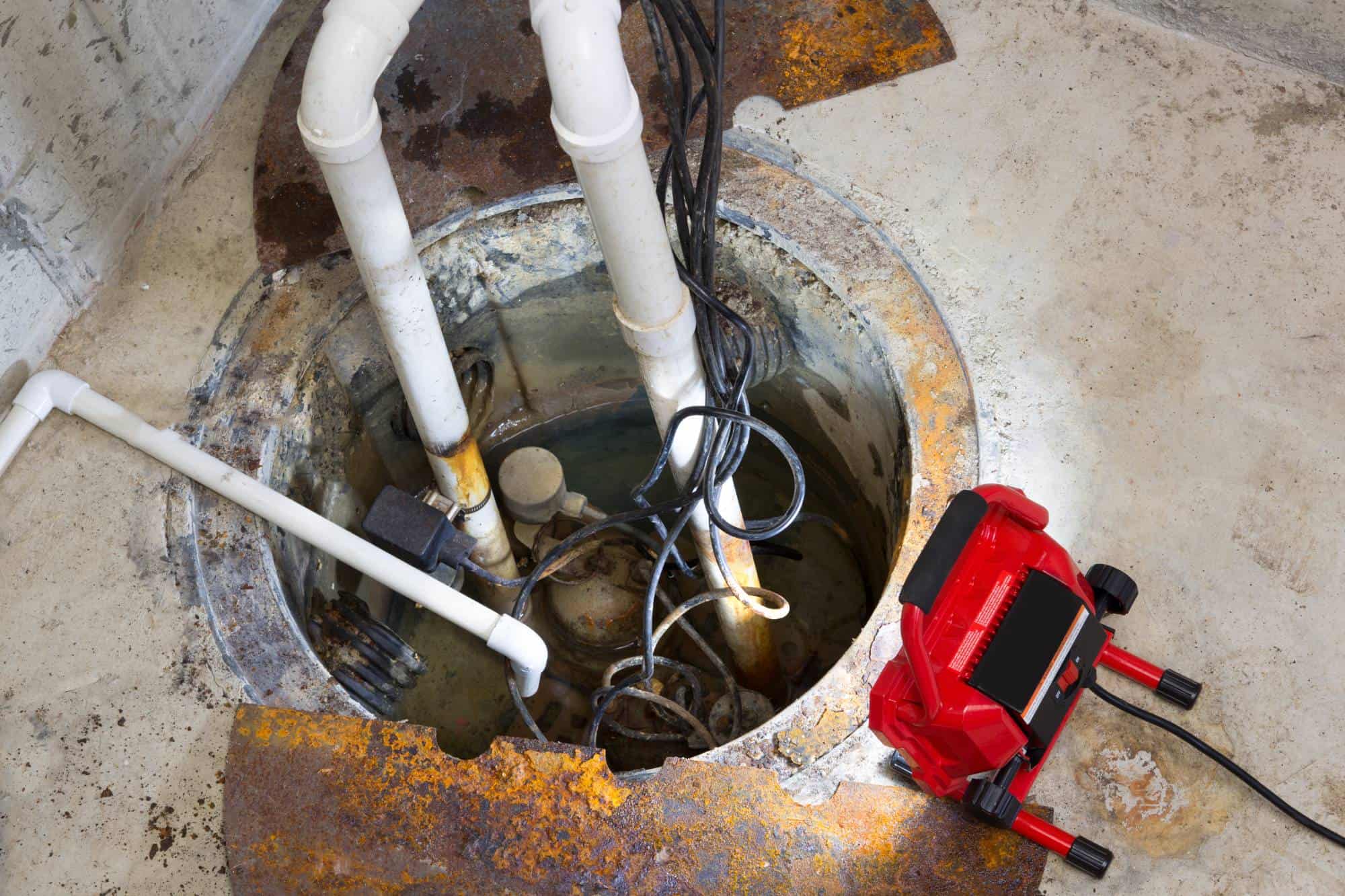
First, we assess your basement’s specific needs. Every Chicago home is different, and your water table, basement size, and foundation type all matter when choosing the right pump.
Next, we dig the sump pit at the lowest point of your basement and install the pump system. This includes the pump itself, discharge pipes that carry water away from your home, and a check valve to prevent backflow.
We test everything thoroughly before we leave. You’ll see your new system in action and understand exactly how it protects your basement. We also explain the simple maintenance that keeps it running for years.
Finally, we clean up completely and walk you through your system’s operation. No mess left behind, no questions unanswered.
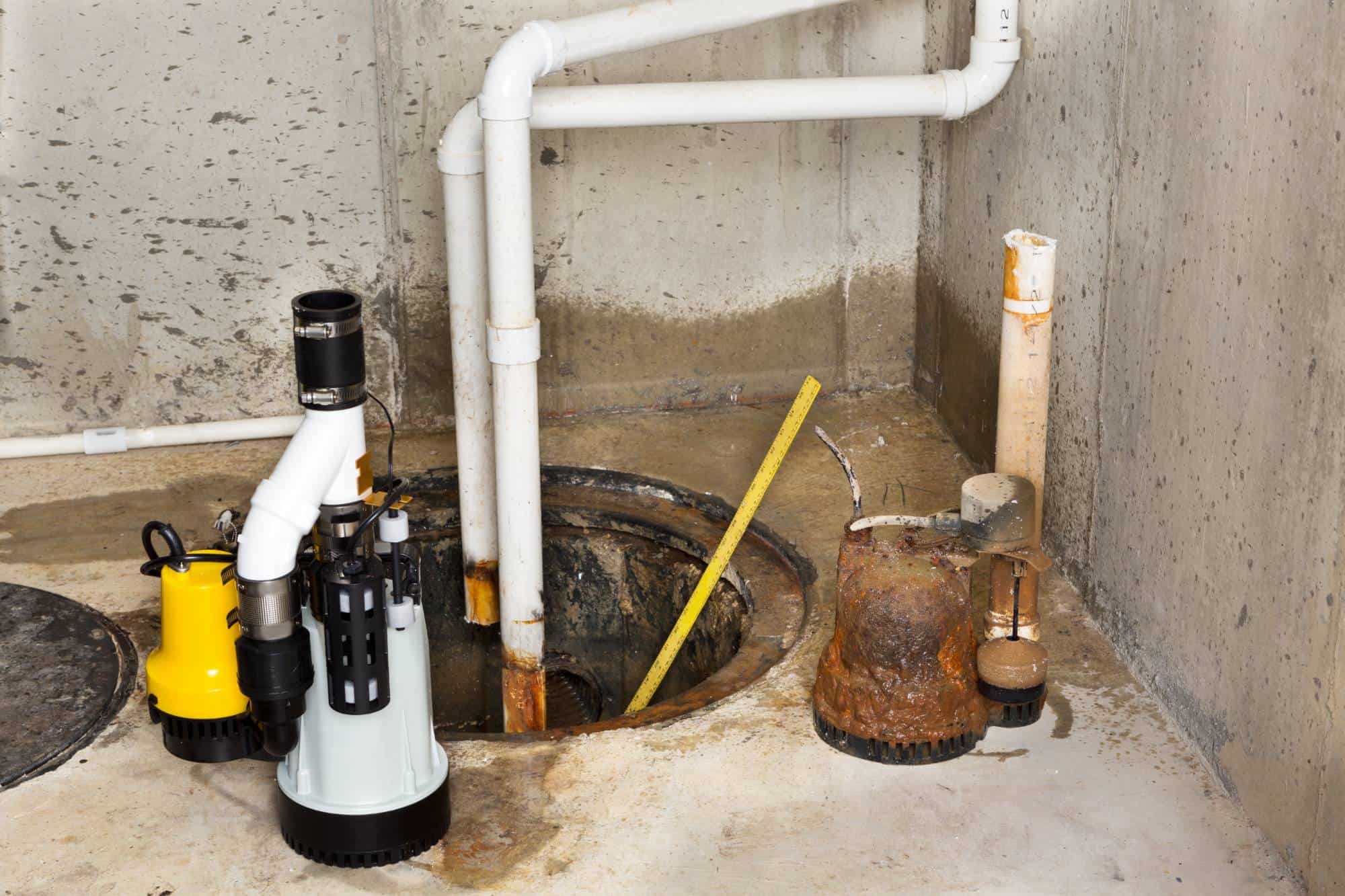
Ready to get started?
Your installation includes a properly sized sump pump for your specific basement and water conditions. We don’t use one-size-fits-all solutions because Chicago’s diverse neighborhoods have different water table levels and drainage challenges.
You get a complete discharge system that moves water well away from your foundation. This prevents the water from just cycling back into your basement through foundation cracks or poor drainage.
We include a battery backup system recommendation based on your area’s power outage history. Some Chicago neighborhoods lose power more frequently during storms, and your backup system should match that risk level.
Every installation comes with upfront pricing, no surprise charges, and a thorough explanation of how your new system protects your investment.
